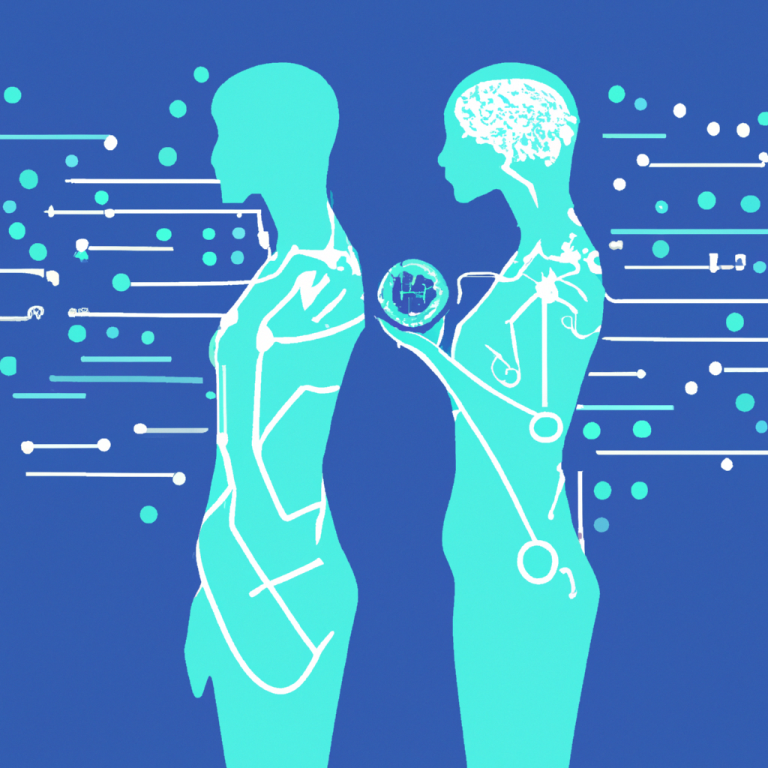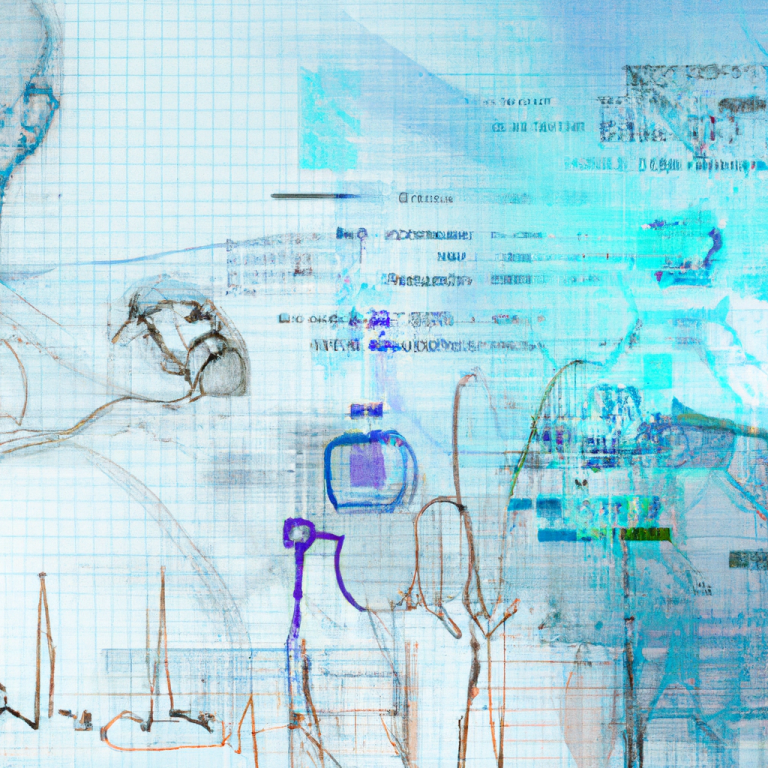Recent advancements in artificial intelligence (AI) have shown promise in the detection and management of diabetes. AI technologies such as machine learning algorithms, deep learning, and natural language processing can be used to analyze large amounts of data and help healthcare professionals make better decisions.
One area where AI can be particularly useful is in the early detection of diabetes. By analyzing patient data, such as medical records, family history, and lifestyle factors, AI algorithms can identify patients at high risk of developing diabetes. This can help healthcare professionals take proactive measures to prevent the onset of the disease.
Diabetes management can also be improved with the help of AI. By analyzing blood glucose levels, insulin dosage, and other health metrics, AI algorithms can provide personalized recommendations for diabetes patients. This can include suggestions for diet and exercise, as well as medication and insulin dosage adjustments.
In addition, AI can help diabetes patients monitor their health more effectively. Wearable devices such as glucose monitors can collect real-time health data, which can then be analyzed by AI algorithms to provide insights and recommendations. This can enable patients to better manage their diabetes and avoid complications.
Overall, the use of AI in diabetes detection and management shows great promise for improving patient outcomes. As research in this field continues to evolve, it is likely that AI will play an increasingly important role in the fight against diabetes.



